Kennel cough is actually a collective term for the various causes of upper respiratory infections in dogs. These pathogens cause inflammation of the throat and trachea. One of the viruses is the canine parainfluenza virus and one of the bacteria is the bacterium Bordetella bronchiseptica.
Kennel cough is spread through the air. When an animal coughs or sneezes, contaminated moisture particles become airborne and are ingested by another dog. Some factors that play a role in the development of kennel cough are the dog's resistance and the risk of infection. For example, there may be a small amount of resistance in old or sick dogs. Infection pressure varies by location; Where there are many dogs, the infection pressure is highest.
What are the symptoms of kennel cough?
-
Hard dry cough
-
Sneeze
-
nasal discharge
-
teary eyes
-
Strong gagging with mucus
-
To throw up
-
Fever
-
lethargy
-
respiratory infection
-
cough with phlegm
-
tightness in the chest
When should I go to the vet for kennel cough?
If you suspect a dog has kennel cough, it is important that you give the dog adequate rest and possibly let it out with a chest collar. A harness prevents excessive pressure on the trachea. Due to this pressure, the dog keeps coughing and does not come to rest. If the dog does not show any improvement within a week, it is advisable to take the dog to the vet.
A visit to the vet is also recommended for puppies and older dogs, as these groups are at higher risk of severe pneumonia. In addition, it is advisable for dogs with a short muzzle, such as an English bulldog, to go to the vet at the first sign of kennel cough. Since these dogs have a short muzzle, they are more likely to get stuffy. If the dog shows the following symptoms, it is advisable to visit the veterinarian:
-
Severe cough
-
Stuffy
-
Lethargic or limp
-
Accelerated breathing
-
no appetite
-
Purulent nasal discharge and/or eye discharge
This last symptom is often caused by bacteria. This must therefore be counteracted with antibiotics, for which a prescription from the veterinarian is required.
How is kennel cough diagnosed?
In principle, kennel cough will go away on its own within a few days. If the cough does not go away within a few days, or the dog is still ill, it is advisable to have the dog examined or treated by a veterinarian. If the dog runs for too long with kennel cough without treatment, various complications can develop, such as chronic kennel cough or pneumonia.
The incubation period for kennel cough is between three and ten days. This is the time from when the dog first gets the infection until the dog shows symptoms.
What is the treatment for kennel cough?
Care must be taken to break the vicious circle. If your throat and windpipe are irritated, you may cough. However, this cough can irritate the windpipe. That way the coughing won't stop. Rest is very important to counteract this. If the dog is agitated and starts panting, this can lead to another cough. Panting dries the lining of the trachea and throat, which causes itching and the dog starts coughing again.
In addition to these treatments, you can also give the animal a cough drink. The vet can prescribe a cough suppressant to help calm the windpipe. You can also give the animal antibiotics. However, this only happens in rare cases when there may be a bacterial infection.
To help, you can opt for the administration of a homeopathic remedy, these remedies are available without a prescription. This medicine is used to support a disease of the upper respiratory tract.
The duration of treatment with this medicine depends on the situation. Then it is advisable to always read the leaflet before use.
How does the kennel cough vaccination work?
The kennel cough tent is available as nose drops or as an injection. The vaccination can be carried out from the age of nine weeks, at twelve weeks the animal must then receive a booster vaccination. This vaccination must then be repeated annually. This yearly vaccination is important for dogs that:
-
Regularly hold dog shows or attend other events,
-
dog or puppy training,
-
Go to a kennel.
Is kennel cough a zoonosis?
The virus that causes kennel cough (canine parainfluenza virus) is not contagious to humans or cats. However, the bacteria that can cause kennel cough (Bordetella bronchiseptica) are contagious to humans and cats. This bacterium not only causes kennel cough, but can also trigger a cat flu infection.
This text was translated by a translation machine
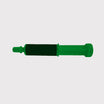 Horse Pharmacy
Horse Pharmacy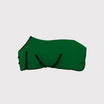 Rugs
Rugs Care
Care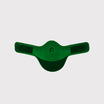 Saddle and Attachments
Saddle and Attachments Leg Protection
Leg Protection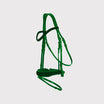 Bridles
Bridles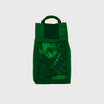 Feed
Feed Fly Masks
Fly Masks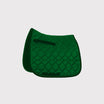 Saddle Pads
Saddle Pads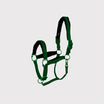 Headcollars and Ropes
Headcollars and Ropes Bits
Bits Other Disciplines
Other Disciplines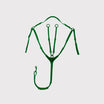 Reins and Auxiliary Reins
Reins and Auxiliary Reins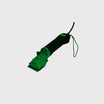 Clipping
Clipping Western
Western Eventing
Eventing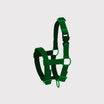 Foals
Foals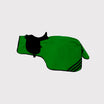 Reflection
Reflection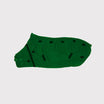 Therapy Products
Therapy Products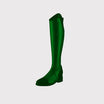 Boots and Shoes
Boots and Shoes Breeches and Belts
Breeches and Belts Tops
Tops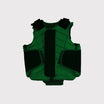 Safety
Safety Competition
Competition Heated Clothing
Heated Clothing Gloves
Gloves Socks
Socks Spurs and Attachments
Spurs and Attachments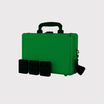 Technology
Technology Whips
Whips Gifts
Gifts Casual Wear
Casual Wear Underwear
Underwear Rider Pharmacy
Rider Pharmacy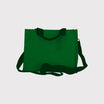 Bags
Bags Books
Books Laundry supplies
Laundry supplies Jewelry
Jewelry Feed and Waterbowls
Feed and Waterbowls Equipment
Equipment Tack Room
Tack Room Pest Control
Pest Control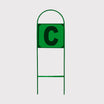 Arena
Arena Horse Toys
Horse Toys Wheelbarrows
Wheelbarrows Yard
Yard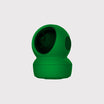 Surveillance
Surveillance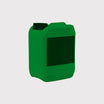 Disinfect
Disinfect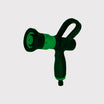 Washing Area
Washing Area Lighting
Lighting Horse Pasture
Horse Pasture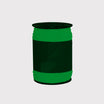 Current Conductors
Current Conductors Pole
Pole Insulators
Insulators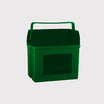 Energisers
Energisers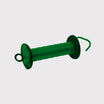 Gate Handles
Gate Handles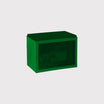 Batteries and Accumulator
Batteries and Accumulator Nets
Nets Grounding
Grounding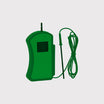 Tools
Tools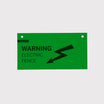 Fencing Security
Fencing Security Wolf Defense
Wolf Defense Fencing Sets
Fencing Sets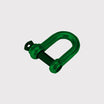 Fence locks
Fence locks Dogs
Dogs Cats
Cats Rodents
Rodents Dogs Pharmacy
Dogs Pharmacy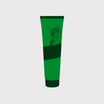 Cats Pharmacy
Cats Pharmacy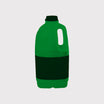 Rodents Pharmacy
Rodents Pharmacy Cattle Pharmacy
Cattle Pharmacy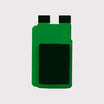 Poultry Pharmacy
Poultry Pharmacy Veterinary Supplies
Veterinary Supplies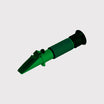 Cattle
Cattle Sheep and Goats
Sheep and Goats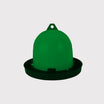 Poultry
Poultry Heat Lamps
Heat Lamps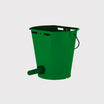 Calves
Calves Marking
Marking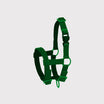 Halters
Halters